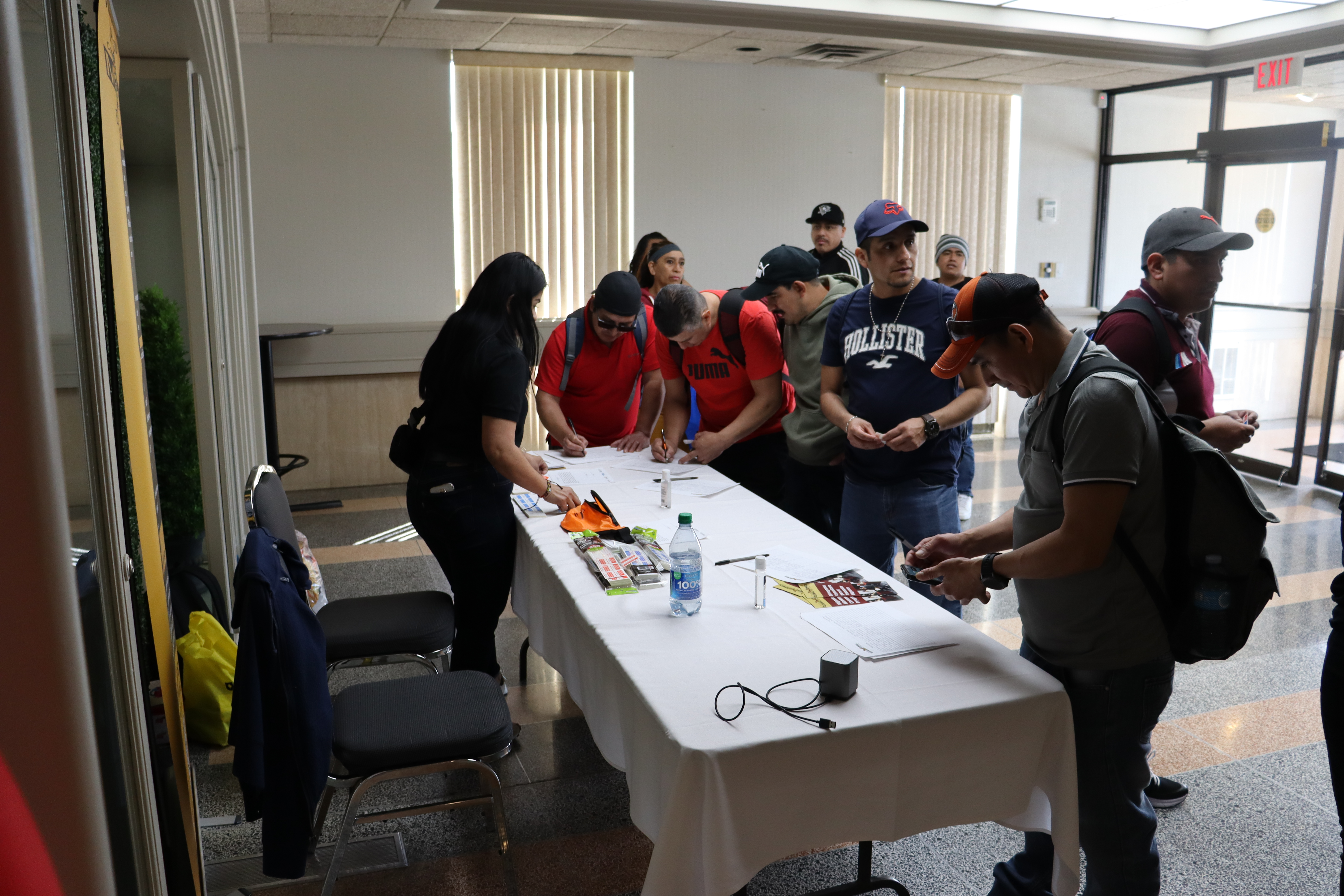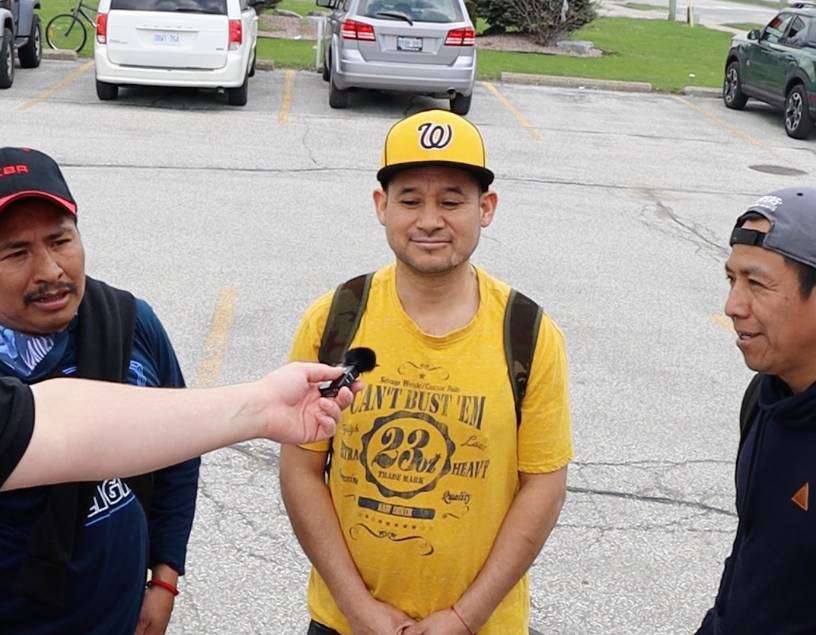
Since 2006, the Migrant Workers Community Program (MWCP) in Leamington, Ontario has provided vital support for the more than 17,000 temporary foreign workers who arrive in the area each year to contribute to its vast agricultural industry.
From translation support to assistance navigating community-based services, MWCP is a crucial lifeline for workers with limited knowledge of English — many of whom struggle with the mental health impacts of leaving their families behind in their home countries.
But when the pandemic struck, MWCP — which relied entirely on its in-person presence in downtown Leamington to connect with migrant workers — was forced to significantly reduce its services.
Although the organization was able to help more than 15,000 migrant workers access translation and vaccines during the pandemic, its reach and impact were severely limited by its lack of an online presence, including social media channels.
For the workers, who were faced with intense isolation, fears about their own health and that of their families, and an inability to return home, the impact was devastating.

Recognizing an urgent need to create online platforms, enhance its marketing efforts, and reach as many migrant workers as possible through the power of social media, MWCP applied for support from the Community Services Recovery Fund (CSRF) through United Way Centraide Windsor-Essex County.
Stephanie Segave-Tiessen, CSRF Project Manager for United Way Centraide Windsor-Essex County, says the funding proved to be transformative.
“MWCP was able to establish a marketing and communications strategy to raise awareness of what they do and how they help. They created content for multiple digital communications channels, trained staff on using the channels, widely distributed branded materials to migrant workers, and so much more,” she says.
The team’s work has paid off in spades. Since creating and implementing its new marketing and communications strategy, MWCP has seen a 42% increase in followers across its social media platforms and a 29% increase in engagement with its posts.
“MWCP is not only reaching more people now, but they’re also able to organize more activities for migrant workers using online communication,” says Stephanie. “They’re now hosting picnics and soccer tournaments, and even took a trip to Niagara Falls. All of these opportunities allow workers to build connections, reduce isolation, and get the support they need.”
Most importantly, she adds, the funding has set up MWCP for long-term sustainability when it comes to their communication efforts and online presence. As she says, “MWCP is now ready for any new challenge or crisis that may come its way.”